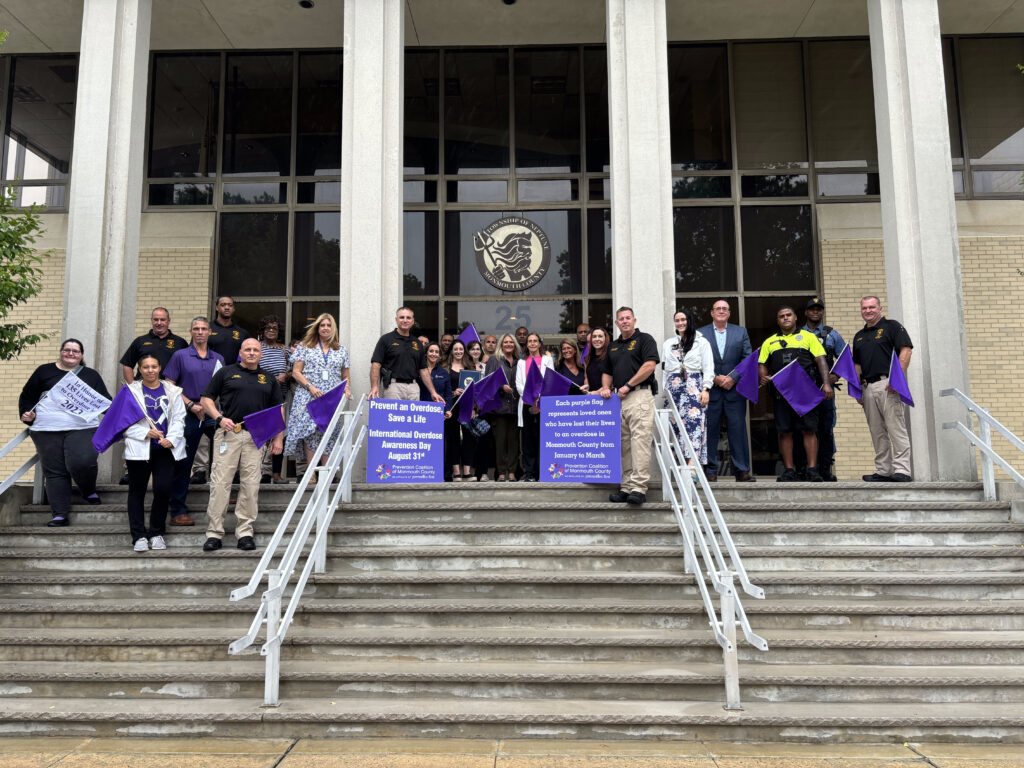Preferred Behavioral Health Group (PBHG) CEO, Dr. Tara Chalakani, Offers Tips for Parents on the NJ Morning Show Amid Recent Gun Violence and School Shootings
Resources and Strategies for Parents to Address Gun Violence and School Shootings Preferred Behavioral Health Group (PBHG) CEO, Dr. Tara Chalakani, spoke on the NJ Morning Show today to provide strategies for parents on how to talk to their children in the wake of recent events, gun violence, and school shootings. These tragedies are not only heart-wrenching but also pose significant challenges for parents trying to support their children through these difficult times. PBHG can also help guide our trauma-informed counselors in more challenging situations. Here are a few points about how to talk with children about recent events. Talking to Your Children About Violence When it comes to discussing gun violence and school shootings with your children, the approach should be tailored to their age and emotional maturity: Resources for Parents Several organizations provide valuable resources to help families navigate these challenges: As we continue to address these pressing issues, our collective efforts to support and protect our children are more important than ever. By staying informed and utilizing available resources, we can make a meaningful impact and work towards a safer future for all.




